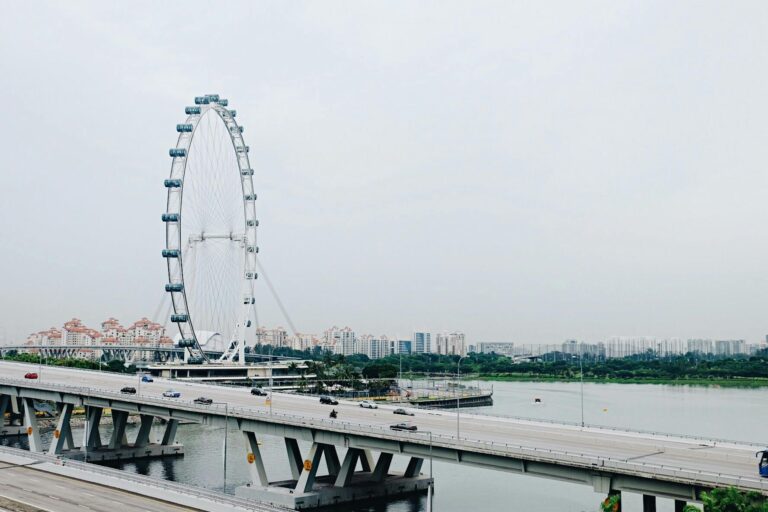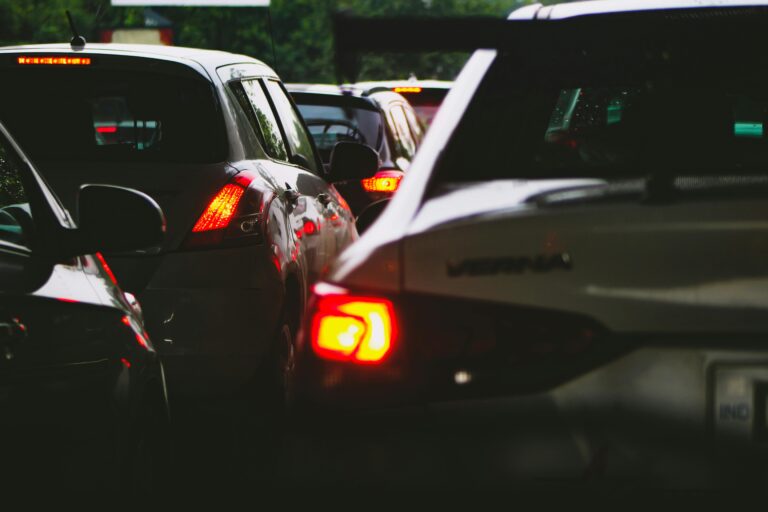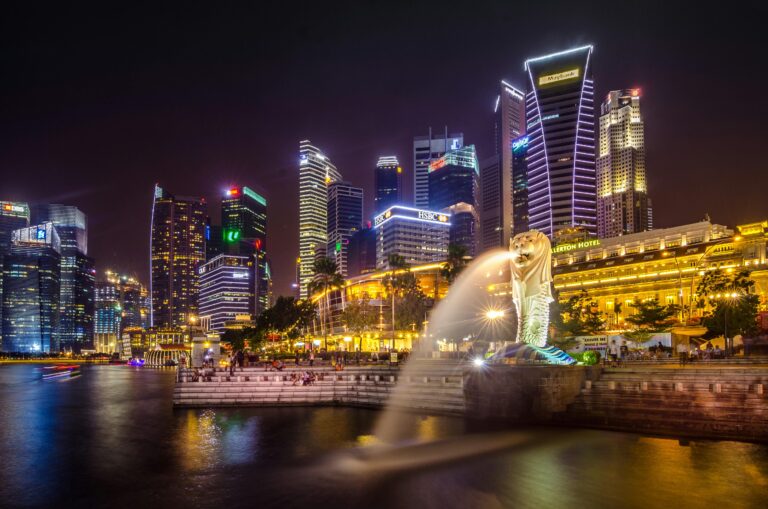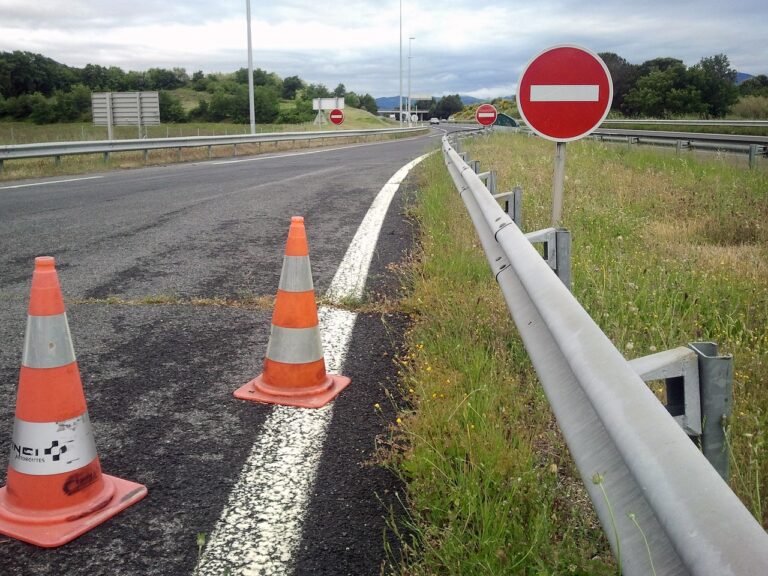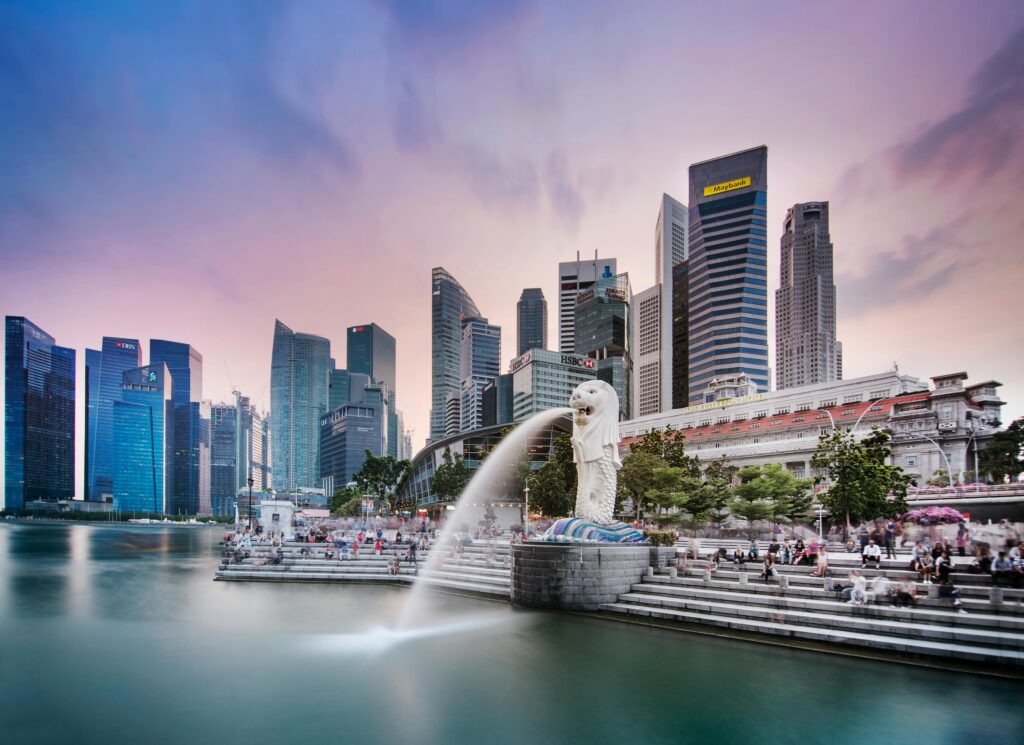
In Singapore, efficient road management is crucial to maintaining the island nation’s reputation for orderliness and functionality. Several key authorities collaborate to ensure the smooth operation of roads, highways, and transportation systems, contributing to the overall efficiency and safety of Singapore’s urban landscape.
Read More articles here: https://learntodrivesg.com/
1. Singapore’s Land Transport Authority (LTA)
The Land Transport Authority (LTA) is Singapore’s primary agency responsible for planning, coordinating, and managing the land transport system. Established in 1995, the LTA oversees road infrastructure, public transport networks, and policies to enhance connectivity and mobility across the island.
- Road Network Management: LTA manages and maintains Singapore’s extensive road network, ensuring smooth traffic flow and efficient usage of road space. This includes planning new roads, upgrading existing infrastructure, and implementing traffic management schemes.
- Public Transport Integration: LTA integrates public transport services such as buses and trains, overseeing their routes, frequencies, and fare structures to provide seamless connectivity for commuters.
- Regulatory Oversight: LTA regulates various aspects of road usage, including vehicle licensing, road safety standards, and emissions control. It enforces traffic laws and implements measures to enhance road safety and reduce congestion.
2. Traffic Police
The Traffic Police (TP), a division of the Singapore Police Force (SPF), focuses specifically on enforcing traffic laws and promoting road safety. TP officers patrol roads, conduct enforcement operations, and educate the public on safe driving practices.
- Enforcement: TP enforces traffic regulations, issuing fines and penalties for traffic violations such as speeding, reckless driving, and illegal parking. This ensures compliance with road rules and contributes to safer road conditions.
- Education and Outreach: TP conducts educational campaigns and community outreach programs to raise awareness about road safety among motorists, pedestrians, and cyclists. These efforts aim to reduce accidents and foster responsible behavior on the roads.
3. Public Works Authority (PUB)
The Public Utilities Board (PUB) manages Singapore’s drainage infrastructure, crucial for flood prevention and ensuring road safety during heavy rains. By maintaining effective drainage systems, PUB helps mitigate water-related hazards that could affect road conditions and transportation efficiency.
- Flood Management: PUB designs and maintains drainage networks to minimize flooding risks, particularly in low-lying areas prone to heavy rainfall. This proactive approach enhances road resilience and reduces disruptions caused by weather events.
4. Urban Redevelopment Authority (URA)
While primarily focused on urban planning, the Urban Redevelopment Authority (URA) collaborates with LTA to integrate road infrastructure into broader city development plans. URA ensures that road networks support sustainable urban growth, enhancing accessibility and livability across different districts of Singapore.
- Master Planning: URA incorporates road infrastructure into comprehensive master plans that guide Singapore’s urban development. This includes allocating land for roads, optimizing transport connections, and integrating green spaces to create a balanced urban environment.
5. Maintenance Contractors
Various private contractors and service providers play essential roles in maintaining road infrastructure. These contractors are responsible for tasks such as road resurfacing, pothole repairs, and routine maintenance works, ensuring that Singapore’s roads remain safe and functional for all users.
Other Governing Authorities in Singapore:
1. Law Enforcement and Security
The Singapore Police Force (SPF) stands as a cornerstone of safety and security in the city-state. Established in 1820, it has evolved into a modern and effective force known for its low crime rates and swift responses to incidents. The SPF utilizes advanced technology and community partnerships to prevent crime and maintain public trust.
2. Urban Planning and Development
The Urban Redevelopment Authority (URA) oversees Singapore’s urban planning and development. Tasked with ensuring sustainable growth and efficient land use, the URA plays a crucial role in shaping Singapore’s skyline and infrastructure. It implements long-term plans that balance economic progress with environmental sustainability.
3. Economic Management
Singapore’s economic success is underpinned by the Monetary Authority of Singapore (MAS), which acts as the central bank and financial regulator. The MAS maintains stability in financial markets, promotes monetary policies conducive to growth, and supervises the banking and insurance sectors. Its proactive approach supports Singapore’s position as a global financial hub.
4. Social Welfare and Integration
The Ministry of Social and Family Development (MSF) oversees social welfare policies and initiatives aimed at supporting vulnerable groups and promoting family cohesion. From healthcare subsidies to housing assistance, MSF programs ensure that all Singaporeans can lead dignified lives and contribute to society.
5. Environmental Stewardship
The National Environment Agency (NEA) leads efforts to ensure a clean and sustainable environment in Singapore. From waste management to environmental regulations, the NEA implements policies that mitigate pollution and enhance public health. Singapore’s commitment to cleanliness and green spaces is a testament to NEA’s effective governance.
6. Education and Human Capital
The Ministry of Education (MOE) shapes Singapore’s education system, recognized globally for its excellence. MOE policies prioritize skills development, creativity, and lifelong learning, equipping Singaporeans with the tools to thrive in a competitive global economy.
7. Technological Innovation
In fostering a culture of innovation, the Infocomm Media Development Authority (IMDA) plays a crucial role. It promotes the adoption of digital technologies, supports startups, and regulates the media sector, ensuring that Singapore remains at the forefront of technological advancements.
8. Cultural Preservation
The National Heritage Board (NHB) safeguards Singapore’s cultural heritage through conservation efforts and promoting cultural appreciation. NHB initiatives celebrate Singapore’s diverse heritage and traditions, fostering a sense of national identity and pride.
Conclusion
Singapore’s approach to road management exemplifies meticulous planning, proactive regulation, and effective enforcement. By leveraging advanced technology, strategic planning, and collaborative efforts among different authorities, Singapore maintains a high standard of road infrastructure and transportation efficiency. This comprehensive approach not only facilitates smooth traffic flow but also prioritizes safety, environmental sustainability, and the overall quality of urban life for residents and visitors alike.

